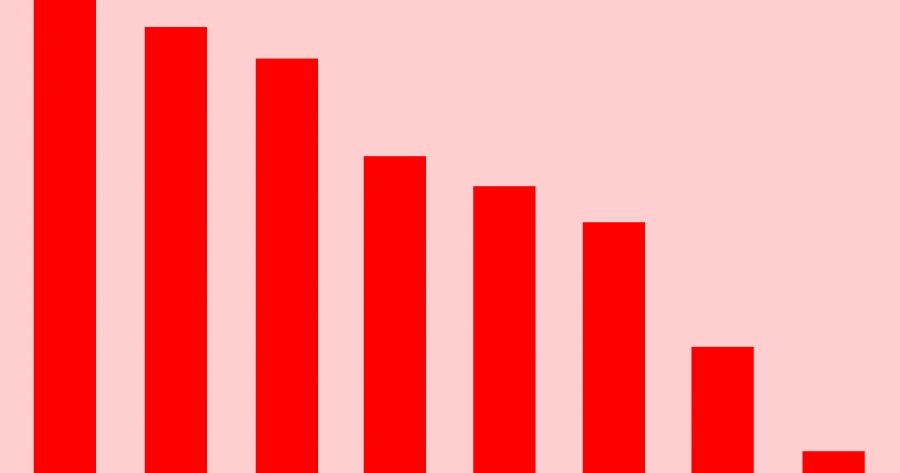
- Free Article: No
- Contents Category: Language
- Custom Article Title: From swaggies to snapback
- Review Article: No
- Custom Highlight Text:
Financial crises, recessions, and times of high unemployment have periodically affected Australia. They have also shaped our vocabulary. The first recording of the iconic Australian word battler, in the sense of a person who struggles for a livelihood, was in 1896 by Henry Lawson in While the Billy Boils. The ‘swagman, itinerant worker’ sense of battler was first recorded in 1898. The verb to battle in the sense of ‘to struggle for a livelihood’ was first recorded in the 1880s, and in the sense of ‘to seek to subsist while seeking employment’ from the 1890s.
- Grid Image (300px * 250px):

The Great Depression of the 1930s contributed a whole new vocabulary. Notable is the use of the term dole to refer to unemployment benefits. There is reference to dole tickets, dole rations, dole stations, dole workers, and the dole system from the late 1920s to the early 1940s. Someone on the dole could be known as a doleite. While dole has been retained in our lexicon, susso (short for ‘sustenance’ and referring to various forms of unemployment relief or other benefits during the Depression) was in popular use through the 1930s and 1940s. Susso could also refer to a person in receipt of benefits, and one could be on the susso or on the sus.
Other terms that entered Australian English during the period of the Great Depression that reflect aspects of its social impact include happy valley for a makeshift camp or shanty town for the homeless, and suitcase swagman for a person who travels to search for work but isn’t a traditional swagman.
The Great Depression of the 1930s contributed a whole new vocabulary.
The evidence for susso referring to a person reveals that the term was generally one of contempt. It was not until the 1970s that the terms dole bludger and dole bludging entered the lexicon, but bludger, as a generalised term of abuse that refers to someone who lives off the efforts of others, was first recorded in 1899. Bludger originally referred to someone who lived off the earnings of a sex worker and was first recorded in 1882. By the twentieth century, bludger was in widespread use in Australian English in its more general sense.
Terms such as susso and dole bludger reflect a broader historical discourse that sees those on any kind of benefit as somehow exploiting a system of welfare and wasting taxpayers’ money. This language has been especially potent on the conservative side of politics since the 1970s and 1980s. In the 1990s, Prime Minister John Howard re-energised the term battler to refer to ‘aspirational’ hard-working Australians, and in the 2010s, Joe Hockey, while federal treasurer, made much of referring to Australians as being lifters or leaners. There is no doubt a separate essay to be written on the transformation of the language of the fair go into that of Prime Minister Scott Morrison’s have a go to get a go.
The Global Financial Crisis (GFC) mainly contributed policy terms such as stimulus payment and stimulus package, but also bequeathed the problematic political baggage, for Labor, of the doomed pink batts scheme. The current financial crisis brought about by the Covid-19 pandemic has also led to some policy-related language. Various government programs – notably JobSeeker and JobKeeper – have rapidly become part of our everyday vocabulary, at least for the moment. There has been discussion of hibernation plans for business, mortgage relief and rate rebates for homeowners, and rent relief for tenants. Most recently, there has been debate around the provision of pandemic leave.
As the crisis has unfolded, the prime minister has made various statements about the importance of the economy, making use of such expressions as doing what makes the boat go faster and getting the economy out of the ICU. Initially there was much talk of a snapback to business as usual, but this word has faded from view. Perhaps the most Australian of all was Morrison’s exhortation for Australians to come out from under the doona. Doona is an Australianism, and has generated expressions such as doona day and doona dancing.
We have yet to see exactly what the economic story of the pandemic will do to our language. Economist Jim Stanford, writing recently in The New Daily, suggests that at the very least some new business buzzwords are likely to emerge to disguise the diminishing power of the worker in our economy – for example, wage theft being replaced by deferred compensation, or exploitation by entrepreneurial synergy. We have also yet to see if there are going to be particularly Australian lexical innovations in response to all this, beyond the names of individual policies and the occasional rhetorical flourish of the prime minister. The ANDC will continue to monitor the shifts in our language, and we’ll be on the lookout for the ways in which language reflects our experiences of these – to use perhaps the most overused word of the year – unprecedented times.



Comments powered by CComment